Is it possible to submit a Google review anonymously, and if so, how can one do so? The short answer is no, it is not possible. In 2018, Google stopped allowing users to post reviews anonymously. While some might consider the unethical practice of buying Google reviews to circumvent this restriction, it's important to note that such actions can harm a business's reputation and potentially lead to penalties.
Even though you can’t write an anonymous Google review without disclosing your identity, there is a solution. In this blog, we’ll discuss the easiest way to write anonymous Google reviews and keep your identity safe.
Let’s uncover all the secrets.
Are Anonymous Google Reviews Truly Anonymous?
Google lets you anonymously share personal reviews by changing your display name or account name without revealing your identity on Google Maps and Google Search.
But you should keep in mind that Google is still collecting data. It can collect your IP address and other account-related information. Google uses this data to track and stop misuse of the review system, such as spam or fake reviews.
While your reviews may seem anonymous to other users, Google can still access your information. But, they keep this information private and utilize it unless and until someone reports or red flags the review.
Can I Maintain Anonymity While Writing Reviews On Google?
Most Google services require an account and a username. So, maintaining anonymity when posting reviews on Google can be challenging.
Given factors like IP tracking, browser fingerprinting, and Google's data collection methods, maintaining full anonymity when writing anonymous Google reviews can be quite tricky.
However, there are measures you can take to safeguard your privacy.
1. Logout from your Google Account
You need to sign out of your account. Now, you can either set up a new Google account or utilize an existing account that doesn't contain your name. Remember to assign a name to your account, even if it's not included in the email address.
2. Choose an anonymous display name
One way to maintain true anonymity in Google reviews is by changing your account name. On the flip side, you can't go incognito with the name Anonymous, but you can opt for your first name or a nickname.
3. Use VPN or Proxy
Utilizing a VPN or proxy will certainly improve your anonymity while posting Google reviews. Opt for a trustworthy VPN or proxy service. Make sure the service you choose values user privacy and has servers in locations that match your review targets.
4. Avoid Mentioning Personal Information
To stay anonymous, don't give out personal information. Instead, talk about your thoughts and experiences without giving out personal information. This protects your privacy while still giving useful information to others who are thinking about the same product or service.
Reasons For Posting Anonymous Google Reviews
There are many benefits to thoughts about privacy when writing Google reviews. You might want to keep your information safe while giving honest feedback.
Anonymity gives you the freedom to say what you think, even when you're talking about sensitive topics or professional limits. Looking into these reasons can help you decide what to do when you want to contribute to online sites.
1. Feedback Without Revealing Identity
When you post anonymous Google reviews, you can give genuine feedback without revealing your identity. This makes sure that your feedback is honest and isn't influenced by worries about giving away your personal information.
2. Addressing Sensitive Topics
You can talk about sensitive topics without feeling exposed when you're anonymous. This empowers honesty, whether it's about a serious problem with a product or a personal experience. It also provides a safe space without any fear of judgment.
3. Focusing on Experience
By writing anonymously, you can focus on giving your experience. This approach gives other people a better idea of the quality of the product or service by showing reviews from real users.
4. Encouraging Open Dialogue
Being anonymous gives you a place to share your unique thoughts without thinking about fitting or following rules. This freedom leads to open talks, which makes these reviews more interesting and diverse.
5. Protecting Against Potential Consequences
For you, anonymity acts as a safety net. This allows you to express yourself freely without the fear of backlash. This protection really helps in sharing genuine perspectives without second-guessing.
Easiest Way To Write Anonymous Google Review
Either set up a new Google account or utilize an existing account that doesn't contain your name. Remember to assign a name, be it a nickname or just anonymous, to your account, regardless of whether it's included in the email address.
You have two options for sharing your feedback. One is to do it in Google Search or Google Maps.
When using Google Search, simply follow these steps,
- Step 1 - Head to “Google Search” and look up the business name.
- Step 2 - The Google My Business page can be found on the right side of the search results.
- Step 3 - Write a Review
- Step 4 - You'll see a pop-up requesting that you log into your account.
- Step 5 - In the subsequent window, click "Create account" and then choose "For my personal use" from the provided options (if you have not already created a non-personal account).
- Step 6 - Finally, a form will appear for you to share your review and upload photos.
Similarly, when using Google Maps, simply follow these steps:
- Step 1 - Open Google Maps and look up the business
- Step 2 - After the company's details appear on the left side of the search results, you can click the "Write a review" button.
- Step 3 - To stay anonymous, make sure you're not signed into your Google account.
- Step 4 - To publish your review, simply click the "Post" button.
Best Practices While Leaving Anonymous Google Reviews
If you're thinking about leaving an anonymous Google review, there are some rules you must follow. This way, your comments can be valuable, courteous, and beneficial for businesses and future clients.
Adhering to these practices can show that you are professional and fair in your reviews while also ensuring transparency in Google reviews.
1. Be Honest and Respectful
When you write anonymous reviews on Google, remember to be truthful and kind. If a restaurant's service was slow, you might say, "The food was great, but the service was a bit slow. I hope they can improve it." This way, you're giving helpful feedback without being mean.
2. Keep your Review Relevant
Check that your review is up-to-date and pertinent. Reviewing a fitness center? Talk about the machines and staff, not the parking or the cafe across the street. Rely only on your first-hand knowledge of the company.
Before you write a review, make sure it's about things that matter and are from your own experience. If you're reviewing a gym, talk about the equipment and how helpful the staff were, not things like parking or nearby cafes. Only share what you know from your own experience.
3. Avoid including Personal Information
When you write anonymous Google reviews, talk only about what you experienced with the product or service. Say something like, "I went to the restaurant and loved the food." This way, you keep your privacy intact while still giving useful feedback.
4. Focus on Details
When you're leaving anonymous Google reviews, remember to give lots of details. Instead of just saying, "The food was good," you could say, "The pasta tasted amazing with its perfectly cooked noodles." Being specific helps others understand your experience better and makes your review more helpful.
Limitations Of Anonymous Google Reviews
You might encounter issues with anonymous Google reviews that impact you as a reviewer and businesses. While anonymity allows you to freely express yourself, it undermines trust and accountability.
These limitations decrease the reliability of comments, hindering businesses' problem-solving efforts. Both reviewers and businesses need to acknowledge and understand these constraints on online platforms.
1. Lack of Accountability
In the absence of fear of consequences, people might be more likely to falsify or inflate reviews, which could be extremely harmful to companies and people who are unfairly singled out for negative feedback.
Right now, there is no way to ensure that feedback in an anonymous review is real. This means that feedback could be misused or manipulated. The fact that reviewers can remain anonymous makes them less reliable, which can affect people's choices and hurt businesses' reputations without cause.
2. Difficulty in Verification
You can't tell if a review is legitimate unless you know who wrote it. This lack of transparency makes it hard to know what you're getting into and makes it hard to make educated decisions from reviews.
It's hard to verify if anonymous Google reviews are real or trustworthy. This lack of transparency makes it tricky to figure out if the feedback is reliable, even if it's flagged or checked. So, it's tough for users to make good choices based only on these reviews.
3. Trust Issues
Be mindful that some people use anonymity to spread inaccurate or misleading information if you're thinking about writing an anonymous review. Because of this, the review's credibility might take a major hit.
People can spread fake or misleading information through anonymous Google reviews. Therefore, customers can't be sure that the feedback is correct without knowing where it came from. While anonymity encourages open dialogue, it also poses credibility and trust issues.
4. Potential for Abuse
Writing reviews under an assumed identity puts you at risk of abuse. Some users may take advantage of Google reviews' true anonymity to post biased or inaccurate reviews. Such misuse damages the credibility of anonymous feedback, influencing readers' choices.
Final Thoughts
Users can remain anonymous to some extent when posting reviews on Google, but this is all subject to Google's privacy and data collection policies.
Even though they try to hide it, Google still records information like IP addresses and account details, which could compromise Google review anonymity. Google's access to this information blurs the boundary between anonymity and privacy, even though reviewers may appear pseudonymous to other users.
However, users can protect themselves to a certain degree by following best practices and using tactics such as private browsing and VPNs. Although anonymous reviews provide a space for honest feedback, their integrity could be questioned because no one is held accountable or checked.
Therefore, users should remain cautious when engaging with anonymous reviews, keeping in mind the limitations of these platforms and the possibility of abuse, even though they can promote transparency and open dialogue.
FAQs
1. Is it possible to leave an anonymous Google review?
You can remain anonymous when leaving a Google review. To do this, you can use Google Maps or Google Reviews. Just keep in mind not to reveal your real identity while leaving a review.
2. How do I leave an anonymous review on Google?
To achieve this, you can use incognito mode in your browser or sign out of your Google account before writing the review. Currently, it's not possible to leave an anonymous review on Google. Google stopped allowing users to post anonymous reviews in 2018. However, you can still maintain some level of privacy by adjusting your display name or account settings.
3. Is it ethical to leave an anonymous Google review?
Your privacy may be better protected if you remain anonymous, but accountability and transparency will suffer. Think about how your review will be received; it needs to be constructive, honest, and fair.
4. Can an anonymous Google review be traced?
No, anonymous Google reviews cannot be directly traced to a specific individual. However, Google may have access to IP addresses and account details, potentially compromising anonymity to some extent.
5. Can you hide your identity on a Google review?
Yes, you can hide your identity to some extent on a Google review. While Google allows users to modify their display names, achieving complete anonymity is challenging due to data collection policies.
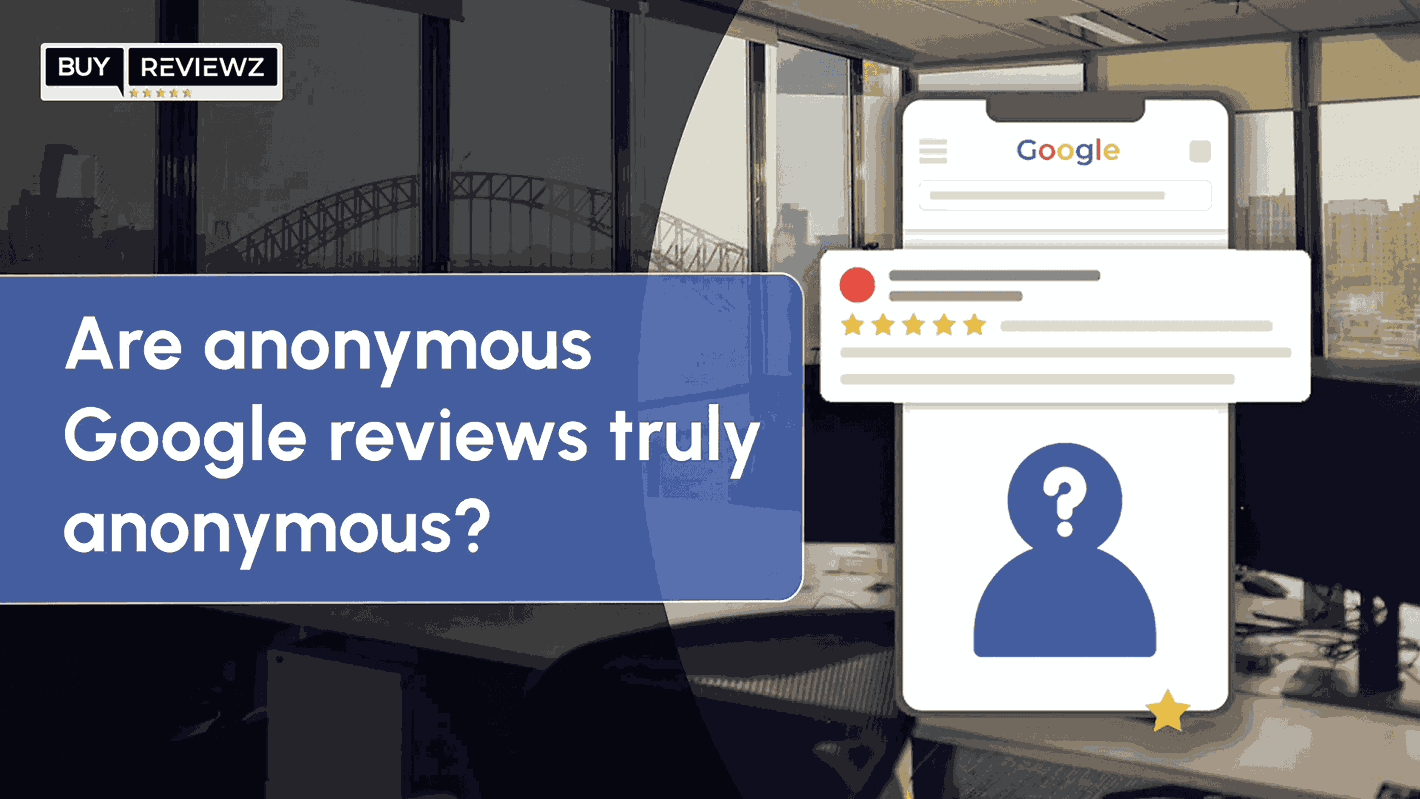

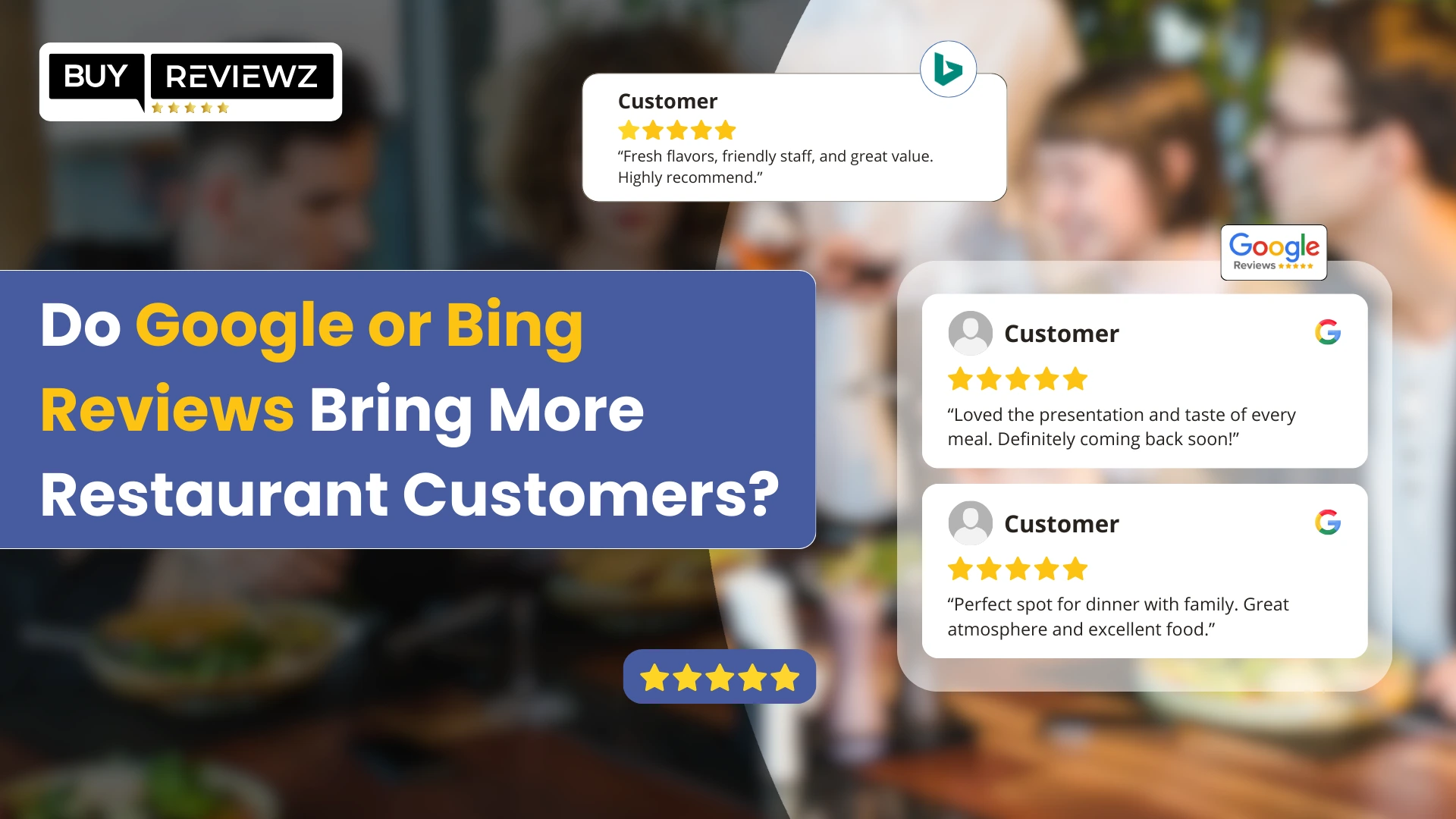
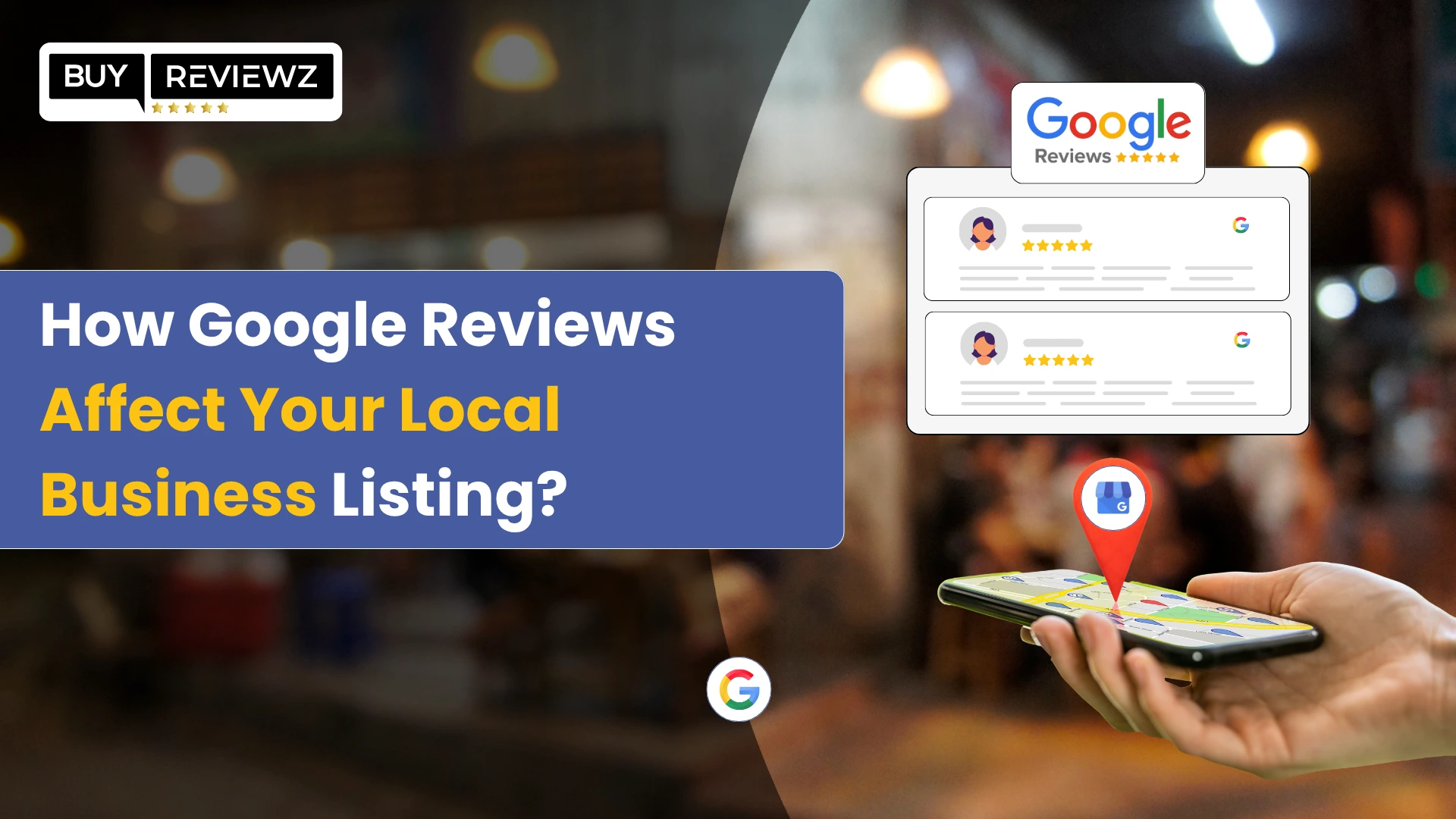
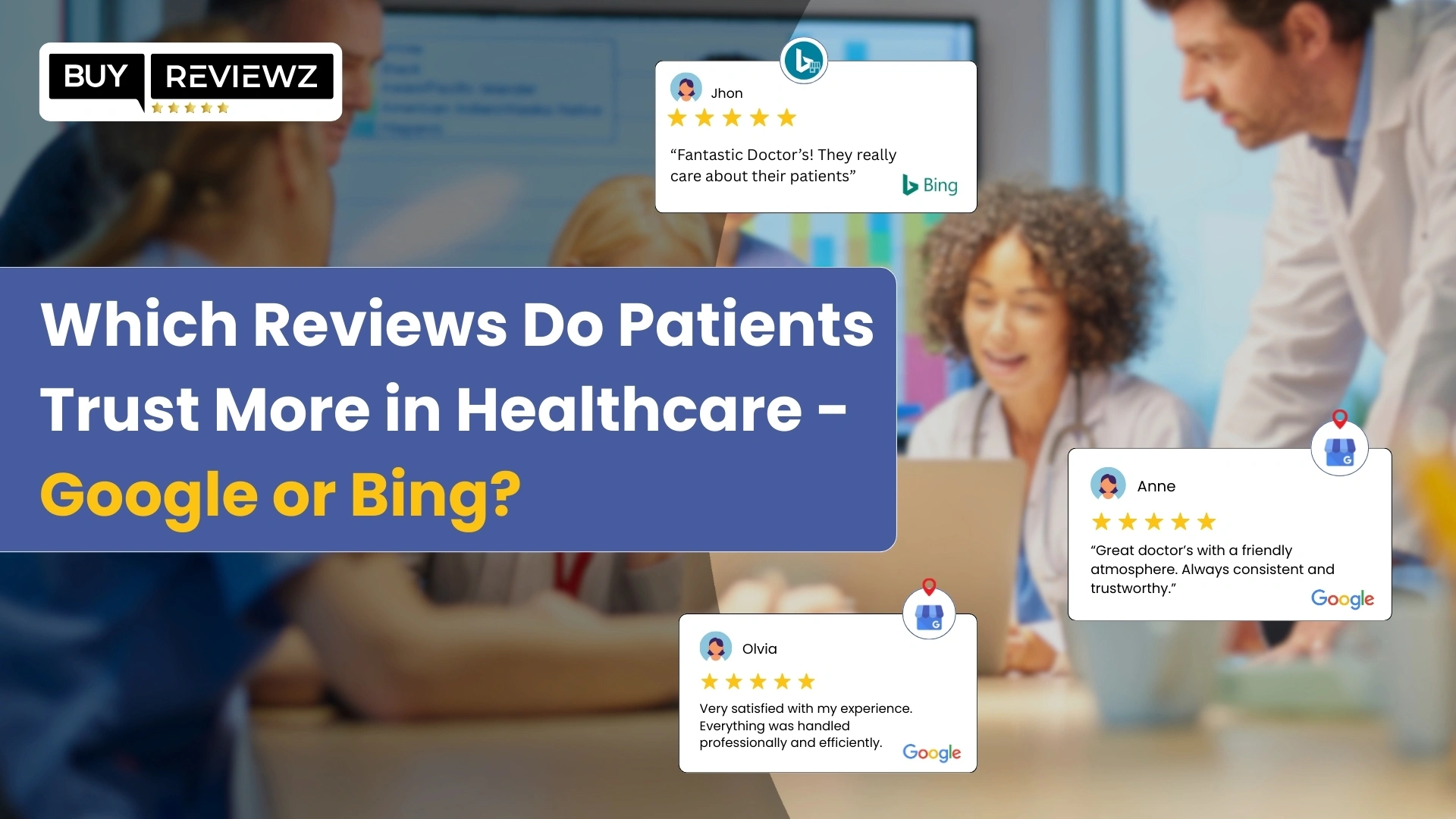
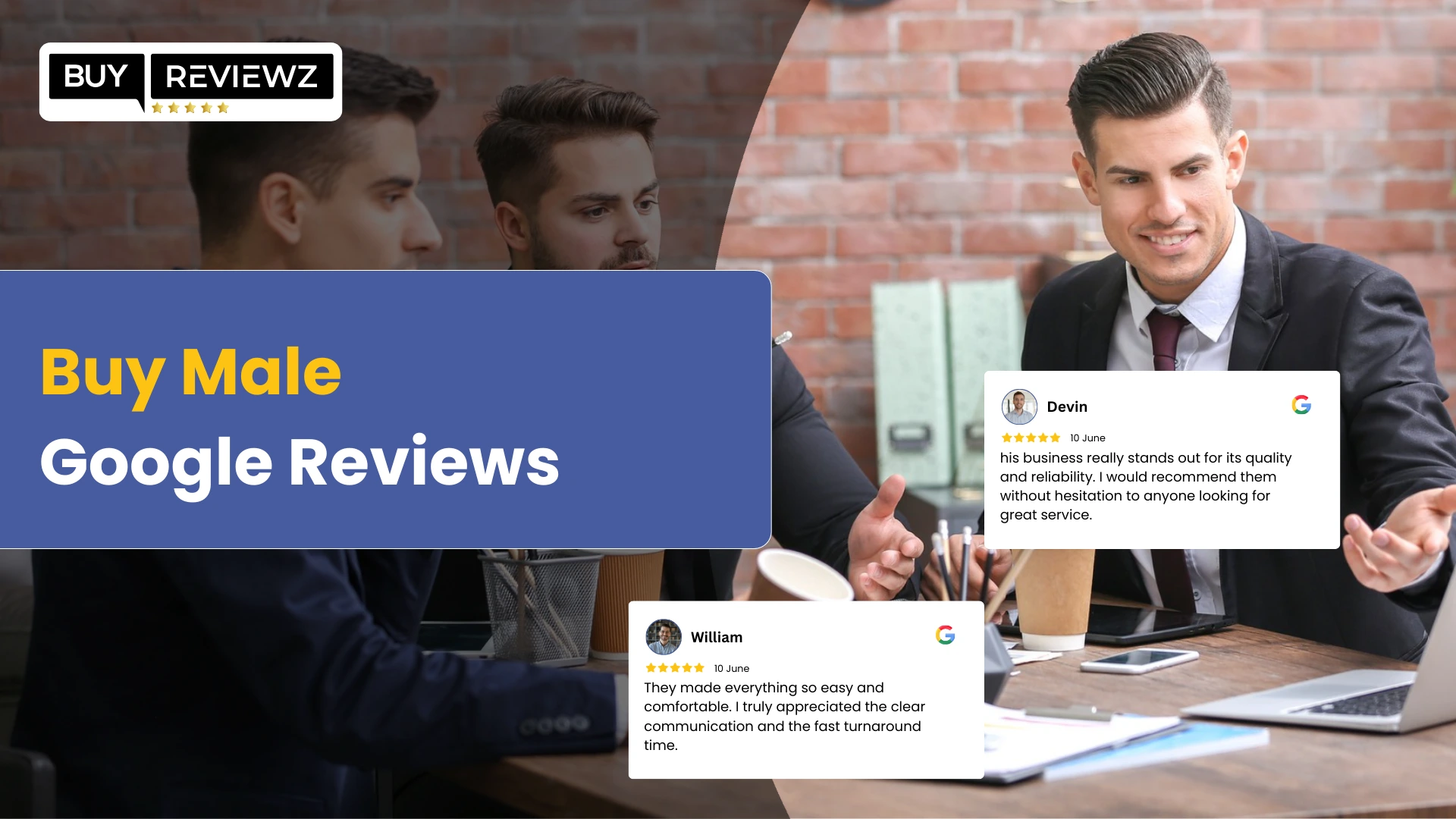

 Google Business Reviews API: A Complete Guide
Google Business Reviews API: A Complete Guide
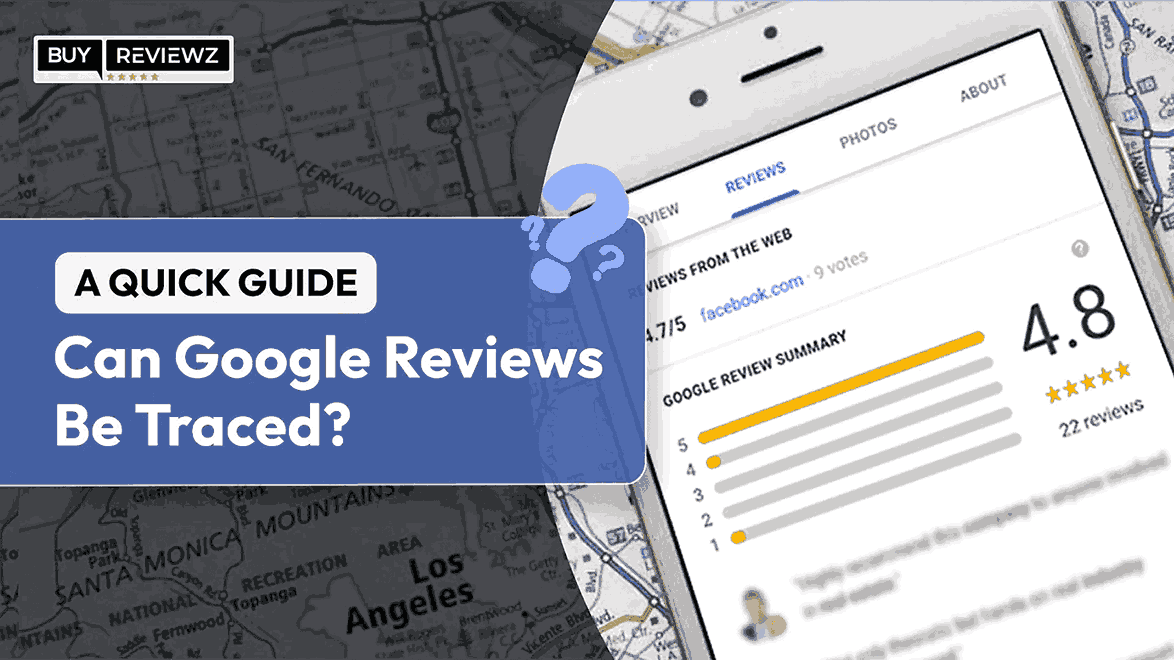 Can Google Reviews Be Traced? A Quick Guide
Can Google Reviews Be Traced? A Quick Guide
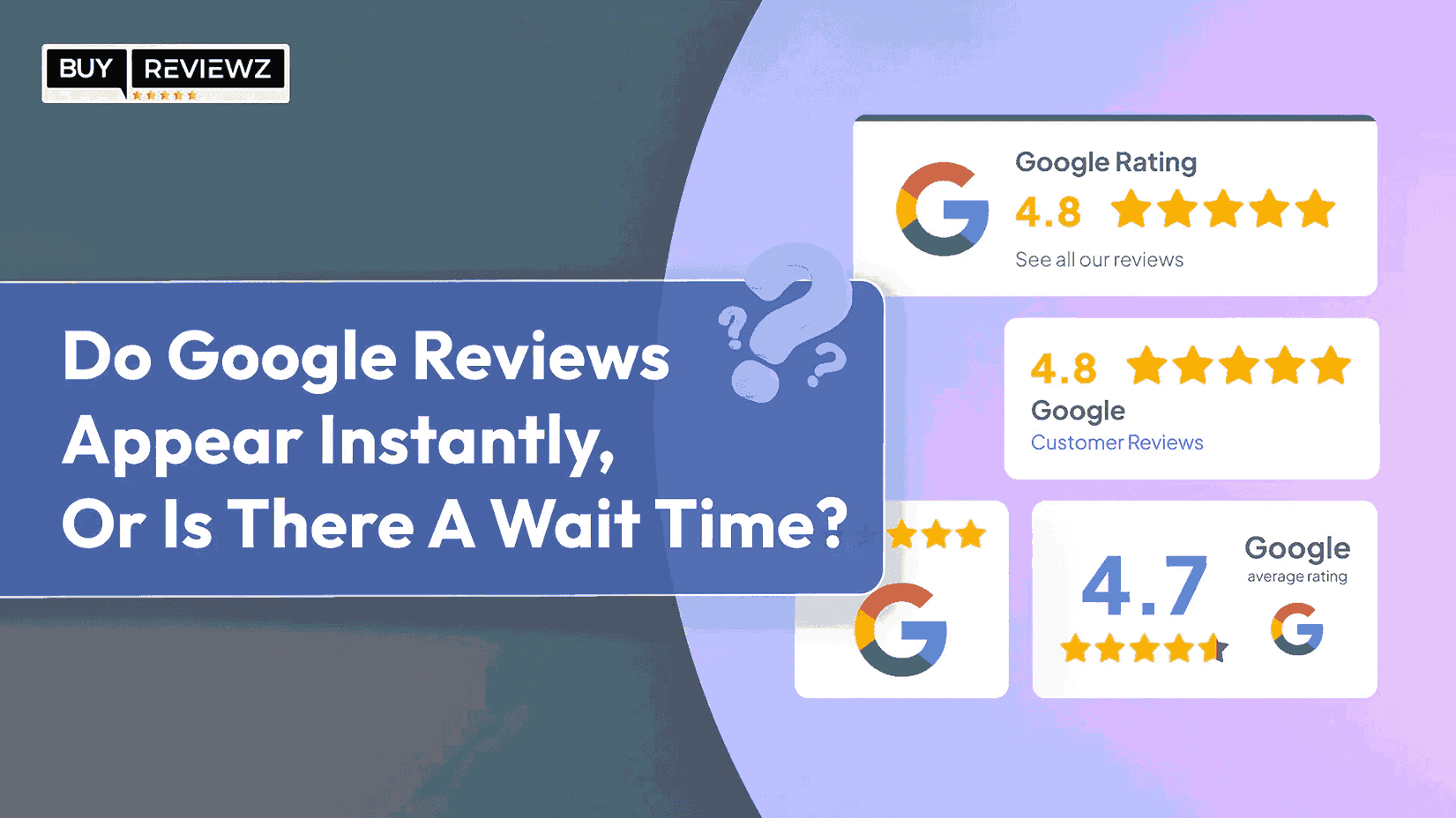 Do Google Reviews Appear Instantly or Is There A Wait Time?
Do Google Reviews Appear Instantly or Is There A Wait Time?